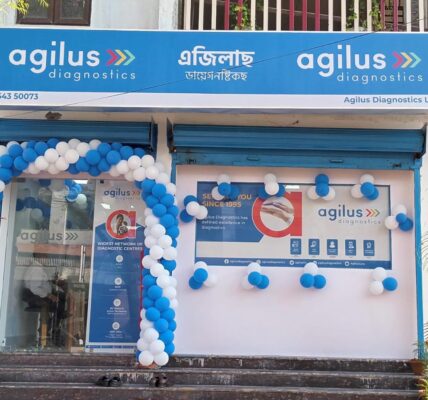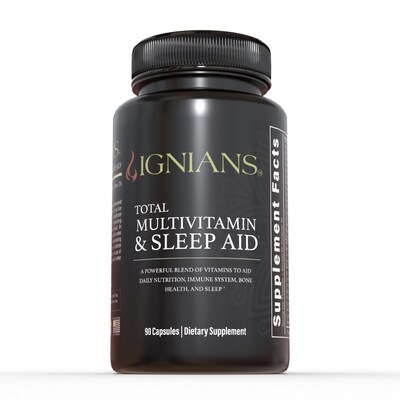Hemab Therapeutics Presents Positive Phase 1 Results for HMB-001 in Glanzmann Thrombasthenia at 2024 EAHAD Annual Congress
Hemab Therapeutics, a clinical-stage biotechnology company developing novel prophylactic therapeutics for serious, underserved bleeding and thrombotic disorders, today presented initial results from Phase 1 of its ongoing evaluation of HMB-001. A novel bispecific antibody, HMB-001 is in development as a prophylactic treatment for the bleeding disorder Glanzmann Thrombasthenia (Glanzmann). The data were presented as one of 10 abstracts selected for the SLAM oral presentation session at the 17th Annual Congress of the European Association for Haemophilia and Allied Disorders (EAHAD) held this week in Frankfurt, Germany.
“The first clinical data for HMB-001 in Glanzmann suggest that the demonstrated mechanism is suitable as a new prophylactic treatment for people with neglected blood clotting disorders who face severe, potentially life-threatening bleeds every day,” said Joe Vogel, Senior Director and Program Lead for HMB-001 at Hemab. “With Phase 2 already underway, we are committed to advancing clinical evaluation of HMB-001 toward bringing life-changing preventative treatments to improve patients’ quality of life.”
The Phase 1/2 first-in-human open-label study in patients with Glanzmann is evaluating the safety, tolerability, pharmacokinetics, and pharmacodynamics of HMB-001. As part of the UK-based Phase 1 single-ascending dose, seven patients received subcutaneous HMB-001 at 0.2 mg/kg, (n=1), 0.5 mg/kg (n=3) or 1.25 mg/kg (n=3). Over a 56-day observation period, HMB-001 was well tolerated; the most common adverse events (AEs) were mild or moderate in severity. No AEs or serious adverse events were deemed related to HMB-001. There were no dose-limiting toxicities and no thromboembolic events reported.
Treatment with HMB-001 resulted in a dose-dependent pharmacodynamic effect of endogenous Factor VIIa accumulation that was associated with decreases in prothrombin time and improvement in exploratory thrombin generation analyses. The pharmacokinetic profile and half-life of HMB-001 support dosing every two weeks or a less-frequent dosing regimen.
“People living with bleeding disorders like Glanzmann face devastating bleed events and considerable psychosocial impacts—from severe pain and social stigmatization to depression and isolation—but have no approved preventative treatments to turn to,” said Suthesh Sivapalaratnam, MD, PhD, Queen Mary University of London, Barts Health NHS Trust. “These Phase 1 data support further investigation into the promise of HMB-001 for patients and providers across the globe who are awaiting innovation to improve the standard of care.”
Hemab has begun dosing and is actively enrolling in Phase 2, the multiple-ascending dose of the study, which will be expanded to sites across Europe and the U.S. For more information, visit clinicaltrials.gov (NCT06211634).
In addition, Hemab announced that preclinical research findings of HMB-001 are now available online as part of the February 2024 issue of Nature Cardiovascular Research. The study results demonstrate the ability of HMB-001 to accumulate and potentiate the activity of endogenous Factor VIIa selectively on activated platelets, providing a sustained and localized procoagulant activity that may support prophylactic treatment of Glanzmann or other bleeding disorders. Read the paper here.






